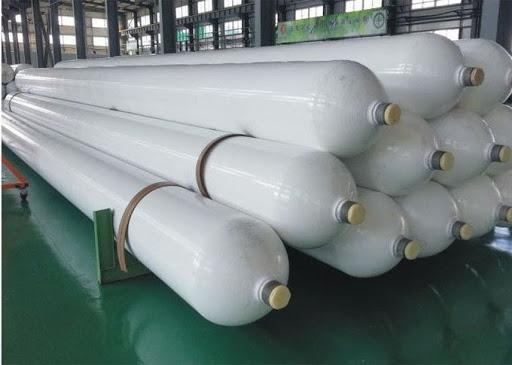Tosin Thompson, CEO of Mezovest, has highlighted the significance of implementing a Compressed Natural Gas (CNG) and Liquefied Petroleum Gas (LPG) initiative as a catalyst for Nigeria’s economic rejuvenation.
According to him, accelerating the implementation of the CNG and LPG initiatives will not only boost the country’s economy but also advance sustainability endeavors.
“I cannot stress enough the importance of accelerating the implementation of the CNG initiative especially because it could turn around our economic situation for good,” he said. “If we power enough vehicles with CNG instead of petrol or diesel, we can effectively tackle food inflation, reduce household expenditure, and drive consumption.”
Read also: FG turns to LNG-CNG for Rail transport as diesel price soars
On the relationship between electricity supply and gas production, Thompson said that producers can’t make their production costs due to the cap on the price of gas sold. He recommended that the government intervene with other fiscal incentives on gas sold to the grid so producers make a margin even as those prices remain capped.
In addition, the CEO aligned with Olu Verheijen, Special Adviser on Energy, proposing significant policy changes, emphasising the necessity for the government to introduce tax breaks for petrol producers while abolishing taxes on domestically produced petrol.
According to him, removing needless obstacles would shorten the time needed to get licences and other regulatory clearances.
Read also: Mezovest, Elizade to set up CNG daughter stations
Last week, Verheijen, said that the recent oil and gas reforms by President Bola Tinubu are geared towards revamping the economy and improving revenue generation from the sector.
According to her, Nigeria is now emerging as a favoured destination for investments in the global oil and gas industry.
Thompson added: “I agree with many of the systemic challenges raised by the SA on energy and I think that addressing them quickly and holistically will be a significant boost for the economy.
“In terms of priority, I believe that it is important to give incentives that encourage production. That way, we can encourage independent participants in the production process, achieve a surplus, and see prices come down while adoption scales.”
Read also: How FG can fast-track CNG adoption as rollout slows
Thompson stressed that encouraging production should not be viewed as another call for subsidies but rather as tax incentives that are efficient, effective, and less prone to corruption.
He stated that “the government should suspend taxes (or significantly reduce them) on locally produced gas, priced in Naira and push through local supply chains. However, this must not be confused with subsidies that would only open the door for huge corrupt practices.”

